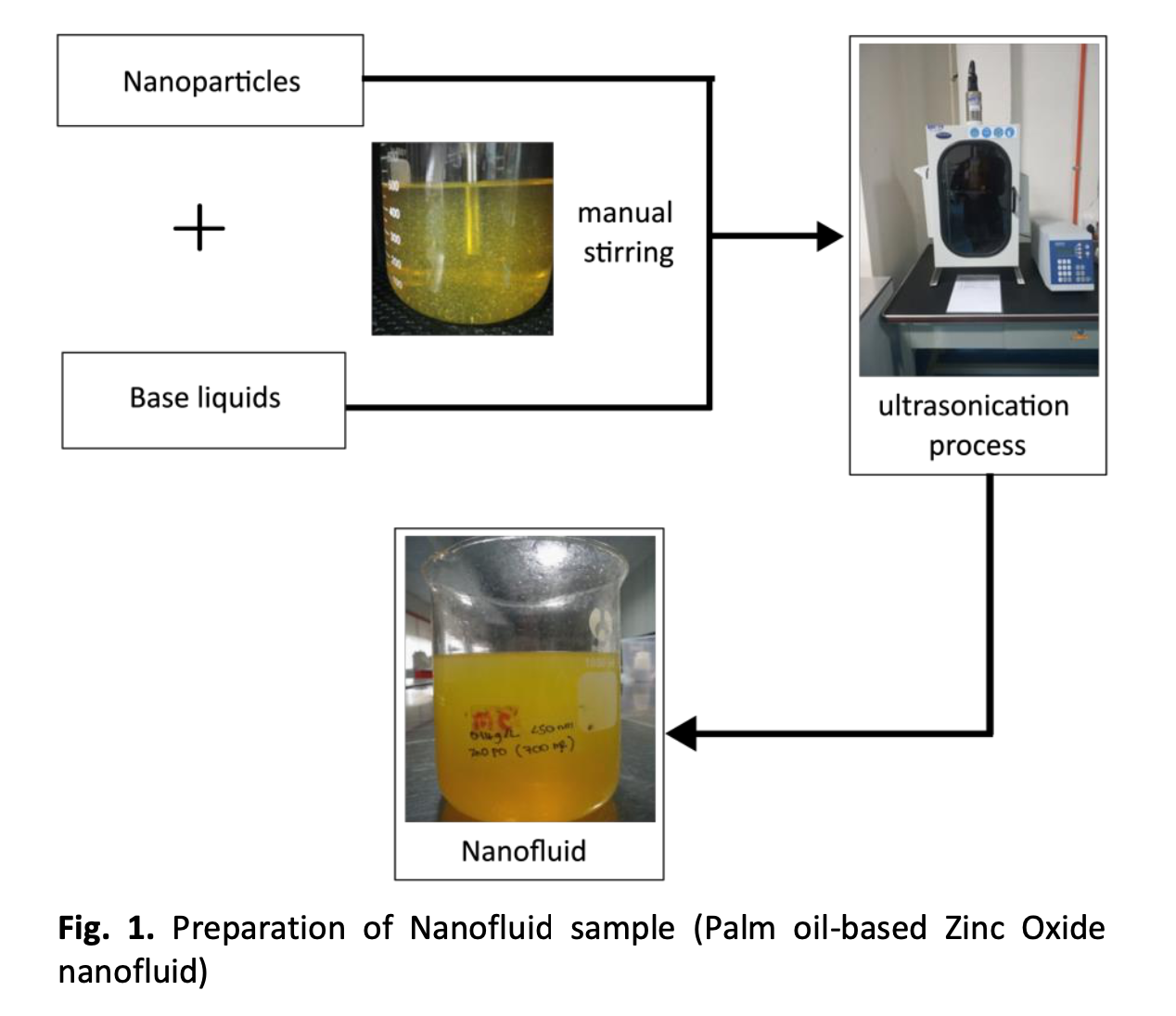Experimental Investigation on Thermal Conductivity of Palm Oil and Zinc Oxide PFAE-based Nanofluids
DOI:
https://doi.org/10.37934/arfmts.108.1.93102Keywords:
Transformer oil, nanofluids, thermal conductivity, insulation liquid, viscosity, Zinc oxide nanoparticle, palm oil, PFAEAbstract
Vegetable oil (VO) have been constantly researched as an alternative to the conventional mineral oil (MO) in the application of transformer insulation liquid. VO is deemed as a suitable replacement for MO as they are a renewable source, cheaper in price, and have a high thermal conductivity, high flashpoint, and high breakdown voltage value. In addition, the trending interest in nanofluids has made it possible to further improved the insulating properties of VOs. This paper reports the experimental results of thermal conductivity test of Palm oil-based nanofluids and Palm fatty acid ester (PFAE)-based nanofluids. The nanoparticles used in this work is Zinc Oxide (ZnO) <50nm nano powder and the nanofluid (NF) samples are varied by low, medium and high concentrations. The test was conducted at 9 different temperatures from 25°C to 65°C with 5°C gap. The result shows that a low and medium concentration nanofluid has an improvement in thermal conductivity value, up to 42.6% and 59.5% respectively for palm oil-based nanofluid. Meanwhile, the high concentration palm oil-based nanofluid has lower enhancement in thermal conductivity value at certain temperatures. As for PFAE-based nanofluids, the thermal conductivity value has improved by up to 27% and 14.4% for medium and high concentration respectively. Nanofluids with medium concentration of ZnO, has the highest enhancement in insulating and cooling properties for both palm oil and PFAE-based nanofluids. This observation is supported by the kinematic viscosity value of the mentioned nanofluid.
Downloads

































